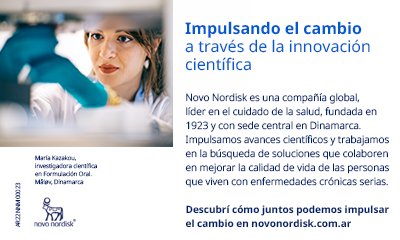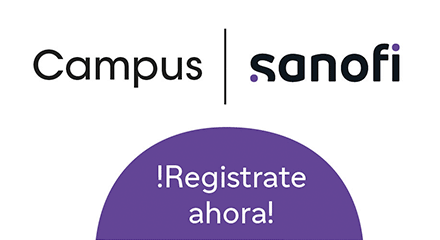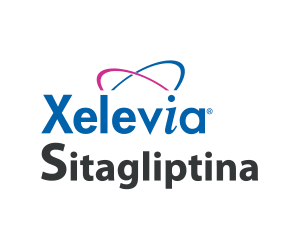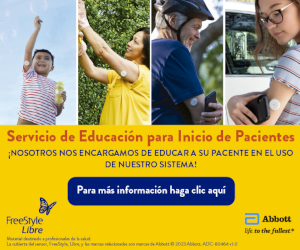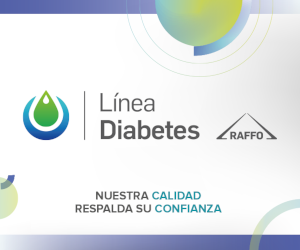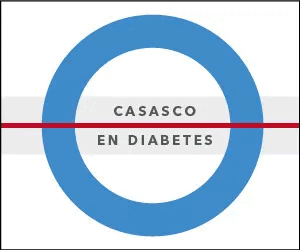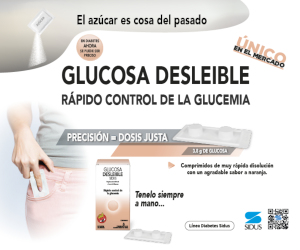Diabetes explorers: learning by playing
Keywords:
diabetes, education, childrenAbstract
Gamification refers to the use of game attributes in a non-game context. Health professions educators are increasingly turning to gamification to optimize learning outcomes for patients and their environment. However, little is known about the concept of gamification and its possible operating mechanisms1.
Play involves a thought process and game mechanics to engage participants and help solve problems. Educational games, by applying game design and elements in learning environments, motivate students to learn and improve the teaching and learning process2. Self-management of chronic diseases is a public health problem of global interest and gamification is an emerging strategy to improve patient participation in the autonomy and empowerment of the disease and thus achieve better results3.
There are few publications on the use of gamification tools used in the field of diabetes systematically and their effects on the target group. Diabetes education for self-management (EDAM) of type 1 diabetes (T1D) in children and adolescents is essential to improve decision-making and allows the patient to be empowered, generating greater confidence and autonomy. Additionally, peer support has been shown to be useful in improving acceptance and adherence.
With an approach similar to that used in the “Scout Movement”, the educational program: “Explorers in Diabetes” was developed in the city of Corrientes, based on the interests of the participants, children and adolescents with T1D, composed of a suggestive symbolic framework (for which a “Diabetes Explorer's Manual” was developed4, and a progressive system of varied educational objectives and activities, including games, useful skills and community services. In the educational project that included gamification tools, positive results were obtained, with improvements in diabetes control metrics, evaluated by data downloads from continuous glucose monitoring.
In conclusion, diabetes gamification has the ability to change health behaviors among all age groups and can create an innovative, engaging and interactive learning environment accompanied by fun and engagement.
References
I. Van Gaalen AEJ, Brouwer J, Schönrock-Adema J, Bouwkamp-Timmer T, Jaarsma ADC, Georgiadis JR. Gamification of health professions education: a systematic review. Adv Health Sci Educ Theory Pract. 2021 May;26(2):683-711. doi: 10.1007/s10459-020-10000-3.
II. Bigdeli S, Hosseinzadeh Z, Dehnad A, Sohrabi Z, Aalaa M, Haghani F, Atlasi R. Underpinning learning theories of medical educational games: a scoping review. Med J Islam Repub Iran. 2023 Mar 22;37:26. doi: 10.47176/mjiri.37.26.
III. Huang X, Xiang X, Liu Y, Wang Z, Jiang Z, Huang L. The use of gamification in the self-management of patients with chronic diseases: scoping review. JMIR Serious Games. 2023 Dec 22;11:e39019. doi: 10.2196/39019.
IV. Manual del explorador en diabetes. Disponible en: https://diabetes.org.ar/2020/wp-content/uploads/2024/02/MANUAL-DEL-EXPLORADOR-EN-DIABETES-SAD.pdf.
Downloads
Published
How to Cite
Issue
Section
License
Copyright (c) 2024 on behalf of the authors. Reproduction rights: Argentine Society of Diabetes

This work is licensed under a Creative Commons Attribution-NonCommercial-NoDerivatives 4.0 International License.
Dirección Nacional de Derecho de Autor, Exp. N° 5.333.129. Instituto Nacional de la Propiedad Industrial, Marca «Revista de la Sociedad Argentina de Diabetes - Asociación Civil» N° de concesión 2.605.405 y N° de disposición 1.404/13.
La Revista de la SAD está licenciada bajo Licencia Creative Commons Atribución – No Comercial – Sin Obra Derivada 4.0 Internacional.
Por otra parte, la Revista SAD permite que los autores mantengan los derechos de autor sin restricciones.


